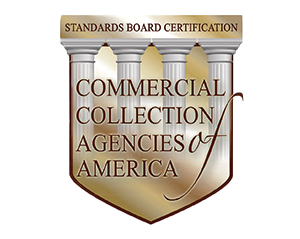Home / News & Insights / December 20, 2021 / ...
Commercial Litigation: The Last Resort

When negotiations are stalling it can be useful to invoke the power of commercial litigation but remember, legal action may ultimately end up costing more than it’s worth – even if you win the case.
The good news is most debtors will settle their account without litigation. In rare cases, however, after all other avenues have been explored, legal action may be your only option.
Check available assets
When establishing whether legal action is appropriate, bear in mind that it is only worth filing a lawsuit if there is a strong likelihood that you will be able to collect against a judgement in your favor. For example, you might prepare a sound case and win easily, but if the defendant has no assets and is unable to pay, it will be an empty victory.
Information is your strength here, so gather as much evidence as possible and use it to your advantage. If the defendant is on the brink of bankruptcy and there are multiple judgments against the business, it may be wiser to avoid litigation entirely. Only resort to legal action where there is a substantial potential return once you have factored in legal costs.
Consider legal expenses
During preparation for trial there will be numerous requests for detailed documentation, often with strict deadlines for presentation. The pre-trial discovery process can place a strain on your time and resources, and you will need to allocate staff to answering interrogatories issued by the defendant’s legal team.
If the case goes to trial, there may be further expenses involved in calling witnesses. Clients will be asked to provide expert witnesses who can vouch for the amount due and how it was incurred, but since legal action is normally served within the jurisdiction of the policy holder, your witnesses may have to travel.
Beware of counter claims
When a debtor files a counter claim against the client, this must be defended by an attorney. Hiring legal representation is expensive and can easily eat into any funds you may eventually recover. Habitual debtors will be aware of this fact and may well use it to their advantage.

Commercial litigation
Use Commercial litigation wisely
Once you have gathered all the facts, ask yourself the following questions: are you confident there is a strong case against the debtor, and will there be sufficient funds to collect at the end of the process? If the answer is ‘yes’ you may want to consider litigation as a last resort.
If the answer is ‘no’ you may not want to pursue legal action. At the very least, it should give you pause to move forward.
As ever, your job is not to intimidate the debtor, but to remind them that this is an option your client may want to consider. Remain firm and only use the legal system as a last chance remedy.
For detailed advice on negotiating strategy or improving your commercial collections generally, give us a call and speak to our experts. Or download our free guide to Mastering the Art of Collections.






